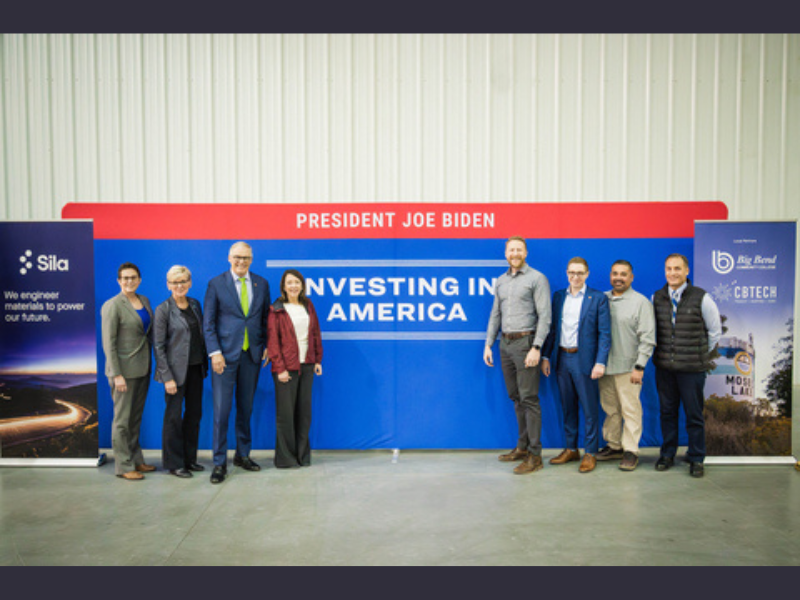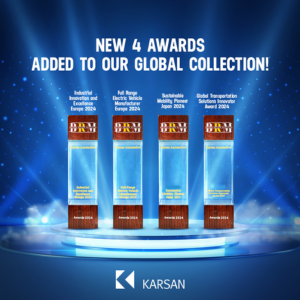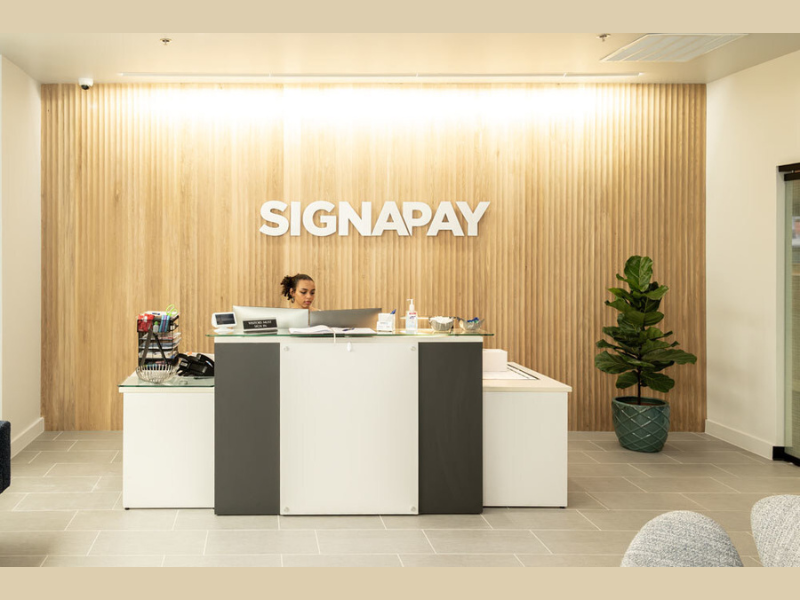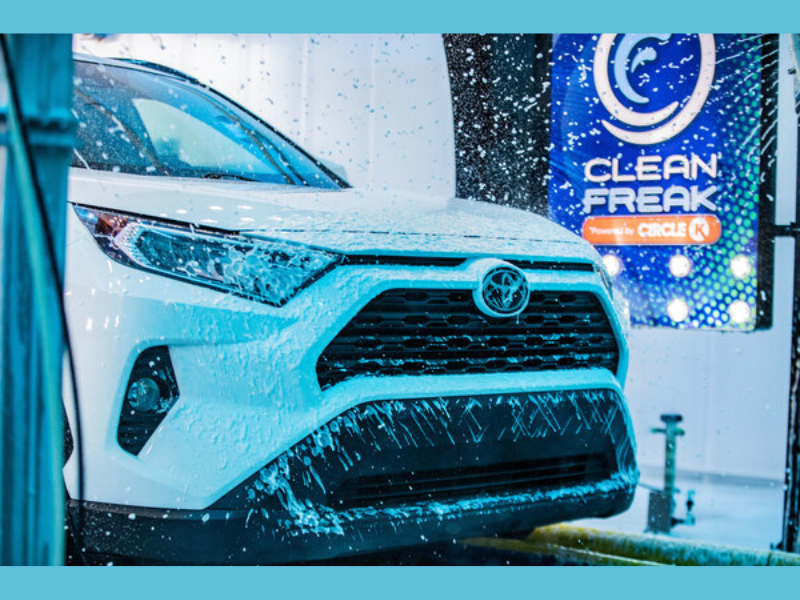Sila, a next-generation battery materials company, announced yesterday its new plan for workforce development through a first-of-its-kind education program geared towards training the future battery workforce in Moses Lake, Washington. The program–focused on providing hands-on training for technical, mechanical, electrical, and software skills–will prepare students for new employment opportunities at its silicon anode manufacturing plant, Sila Moses Lake. Sila announced at a community roundtable at Sila’s Moses Lake plant featuring Governor Jay Inslee, U.S. Secretary of Energy Jennifer Granholm, and Senator Maria Cantwell.
Sila’s nano-composite silicon anode, Titan SiliconTM, was the first commercial next-generation battery material to enter the market. To produce Titan Silicon at automotive quality and scale, Sila has developed proprietary process technologies and customized reactors and utilizes best-in-class manufacturing systems. To create a pipeline of local talent versed in these technologies, Sila will collaborate with two local educational partners–Big Bend Community College and Columbia Basin Technical Skills Center, which is part of the Moses Lake School District–to create new multi-course curricula and training programs that include onsite facility visits, coaching by industry experts at Sila, and hands-on training with newly-developed, mock equipment.
“Sila has always been focused on moving our breakthrough science and innovation out of the lab and into the real world, and this program is a clear extension of that. We’re helping create real jobs and real educational opportunities that will allow students to get the skills they need for the clean energy jobs of the future,” said Chris Dougher, VP of Operations at Sila.
Sila will provide each school with one million dollars to offset the cost of equipment and curriculum development. Training for enrolled students, developed with Sila, will support students’ success in careers related to manufacturing and material science, including knowledge of process controls and automation for a chemical plant, building and using human-machine interfaces, effective communication, quality control, safety and regulations, as well as critical thinking. At the end of the program, students will receive a certification for entry-level operational and technical positions in a manufacturing environment.
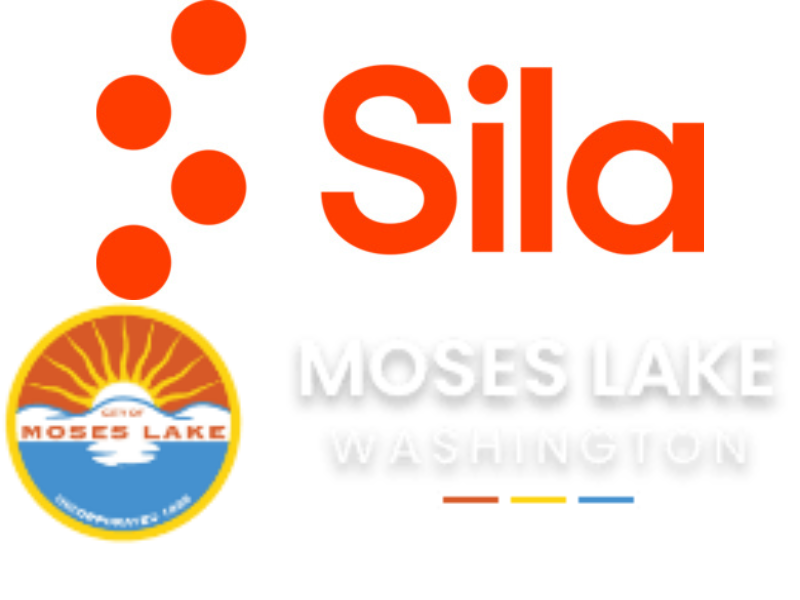
“Moses Lake is becoming a hub for innovation and new manufacturing jobs. We have the workforce needed to support this growth and now we have a program designed to give our students the skills they need to enter these new industries and succeed,” said Dr. Sara Thompson Tweedy, President of Big Bend Community College.
Last year, the U.S. Department of Energy (DOE)’s Office of Manufacturing and Energy Supply Chains (MESC) awarded Sila $100 million in funds to accelerate the build-out of its Moses Lake plant. Job creation is a major focus for both the DOE and Sila–with this program, Sila can support the near- and long-term development of its growing workforce demands.
“President Biden’s Investing in America agenda is accelerating the EV revolution here in America, creating hundreds of good-paying jobs in communities across the country just like Moses Lake, WA, giving local students a ladder to these careers of the clean energy future—through partnerships like the ones Sila is announcing today. It’s an investment in American business, American workers, American communities…an investment in every American’s future,” said Jennifer M. Granholm, Secretary of the U.S. Department of Energy.
In addition to supporting this new workforce development program, Sila will also offer multiple scholarships to students with financial need and will create internships to provide further hands-on experience at its Moses Lake plant.
The start of production for Sila Moses Lake is set for 2025. The plant will deliver enough capacity to serve multiple automotive customers, including Mercedes-Benz and Panasonic Energy. At full capacity, Sila expects to have up to 500 full-time employees and produce enough material for 1 million cars a year at this location.






